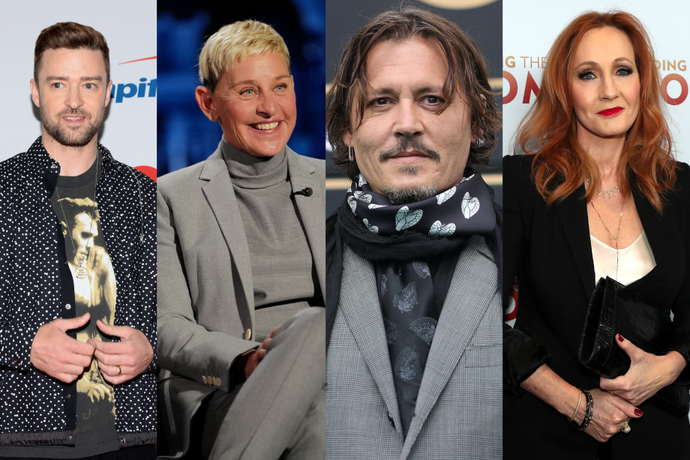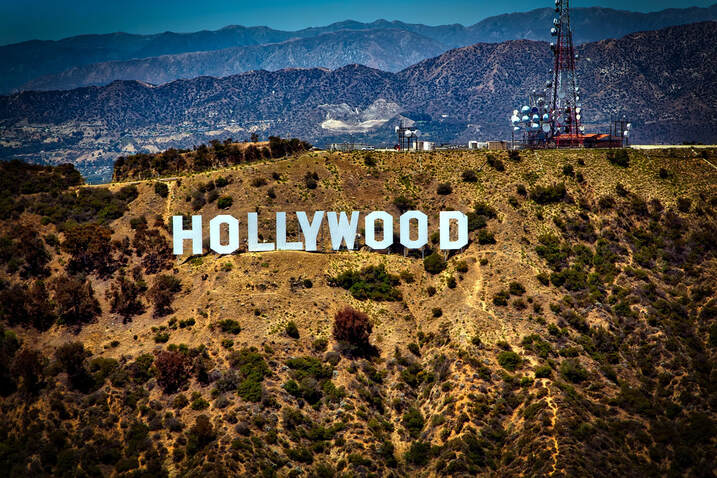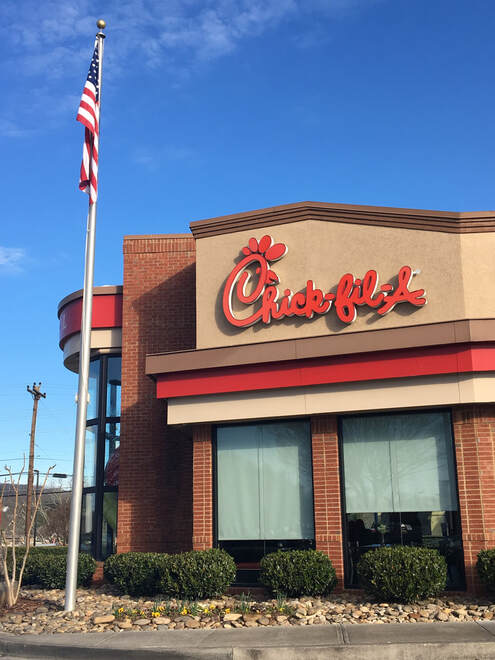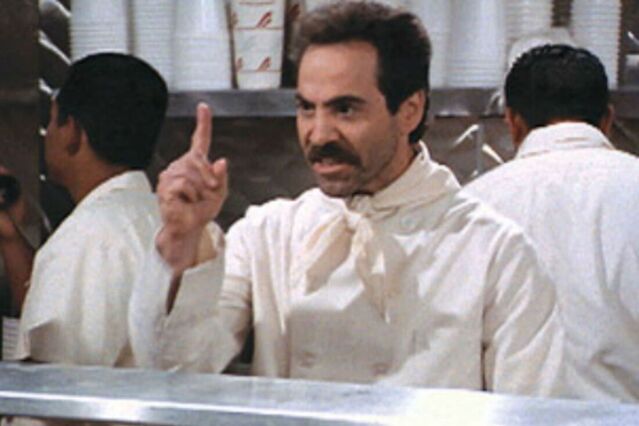|
Cancel culture is often viewed as a modern form of societal ostracism that involves expressing disapproval of a person's actions or speech by kicking them out of desirable professional or social circles. Typically, celebrities and other well-known public figures become targets of "cancel culture." In recent years, some popular figures who've been affected by cancel culture include Ellen Degeneres, Justin Timberlake, Johnny Depp, JK Rowling, Kevin Spacey, Bill Cosby, Harvey Weinstein, R Kelly, as well as Andrew and Mark Cuomo. A couple of the above individuals are even under investigation or behind bars for their behavior. But some members of the media are saying "cancel culture" has gotten out of control. They feel it puts unfair pressure on famous people and allows opportunistic individuals and organizations to lead modern-day witch hunts so as to sway public opinion for their own political or social climbing agendas. So, these days, cancel culture has supposedly become just as popular as the outspoken hatred of cancel culture. But, when you take a step back, you begin to notice something's odd about the entire scenario. First of all, who or what is the driving force behind cancel culture? Is it us? The masses? Nope. In most cases, it's the entertainment industry and the news media. For years, the two industries have worked together to label some public figures as "America's Sweethearts" and demonize others. Typically, there's some sort of political agenda behind each choice. And interestingly, both arenas have a history of discrimination against women and other cultural minorities, which are the very allegations that many targets of "cancel culture" face. That said, when the industries that supposedly hold power over public opinion "cancel" a person or organization, does the public fall in line? Not always. Remember when Chick fil A was "canceled" back in 2012? Even though thousands of people didn't agree with the CEO's extreme political and anti-LGBTQ views, because many among those thousands also enjoyed chicken and waffle fries, they kept going to the fast-food restaurant chain. Of course, some former customers did cut ties with the eatery, and as a result of its public shaming, Chick fil A tried to repair its damaged relationship with the LGBTQ community. That said, during the controversy, the restaurant chain's sales reportedly rose twelve percent to $4.6 billion. So, despite the media's attempts to "cancel" Chick Fil A, the public did not stop consuming the disgraced company's product. These days, Justin Timberlake and Armie Hammer are supposedly canceled. While it may be true that powerful cliques within the entertainment industry and news media have at least temporarily kicked the two celebrities out of their circles, has the public truly "canceled" these men? I don't think so. Regular people still listen to Justin Timberlake's music and watch movies featuring Armie Hammer. Is this because the masses don't care about the allegations of misogyny made against Timberlake and, in the case of Hammer, disturbing claims of emotional abuse and tendencies toward violence against women? Generally, people do care and they don't approve of this behavior. But, we're funny creatures. If a person we hate sells a product we like, we generally still buy their product. It reminds me of the "Soup Nazi" Seinfeld episode. The Soup Nazi was so cruel that he frightened nearly every single one of his customers, but because the soup he made was so good, his business continued to thrive. He remained popular because of his product. Similarly, Timberlake's music scratches a certain itch and Hammer's acting and good looks have arguably elevated a number of the movies he's appeared in.
So, even though a lot of people are grossed out by the alleged behavior of Timberlake and Hammer, a number of people still listen to Timberlake's music and watch movies Hammer was in. Similarly, while most people are disgusted by Harvey Weinstein, and he's been canceled by just about every powerful industry in the known world, the masses have not canceled the iconic movies Weinstein produced. It's all sadly ironic when you take a step back and really look at the whole mess. It seems the media created a climate that encouraged discrimination, sexual harassment, and misogyny, systematically "canceled" celebrities accused of engaging in discrimination, sexual harassment, and misogyny, and then began to complain about cancel culture itself. It's like the boy who cried wolf is the wolf.
0 Comments
Leave a Reply. |





 RSS Feed
RSS Feed